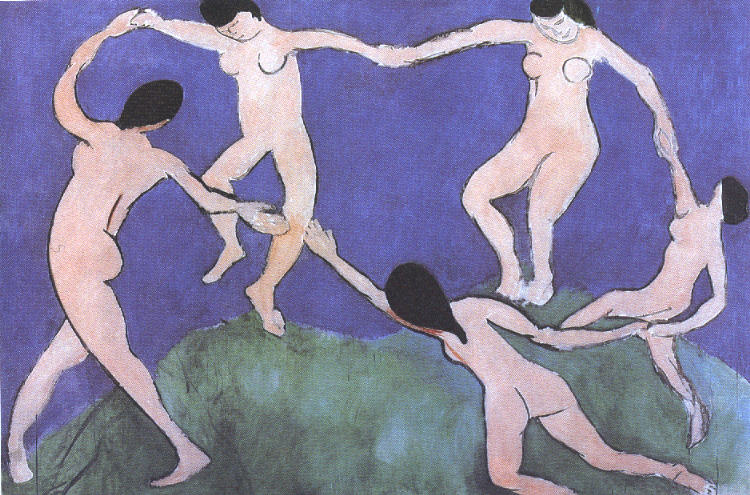...a positive view of life?
In the past most artists that became famous were problematic personalities, miserable, misanthropic, half-mad, drunkards etc. Poe, Baudelaire, De Quincey, Kafka, Dostoevsky, and others like them, present a gloomy view of the world, yet all are well-known today. On the other hand i think- i am not really a fan of modern literature i must admit- that modern writers are more often more positive.
A nice rellevant quote by Kafka is that "i always thought that i should keep myself away from happyness, so that it would not bother my work, but in reality unhappyness proved to be at least an equal burden".
It is my view that a writer can be happy and good in what he does. I think that he should present both bright and dark images, but could be partial to the positive side of things. Misery of course attracts more of the younger audience, but the more mature people like to read things which can help them, or they enjoy more optimistic messages.
So the question is if you think that a writer who is happy with life can produce a valueable work, that is equal to those considered as classics. OF course this depends on the quality of the writer, but would there be something missing from the aura that is had by a more dark literary figure?

In the past most artists that became famous were problematic personalities, miserable, misanthropic, half-mad, drunkards etc. Poe, Baudelaire, De Quincey, Kafka, Dostoevsky, and others like them, present a gloomy view of the world, yet all are well-known today. On the other hand i think- i am not really a fan of modern literature i must admit- that modern writers are more often more positive.
A nice rellevant quote by Kafka is that "i always thought that i should keep myself away from happyness, so that it would not bother my work, but in reality unhappyness proved to be at least an equal burden".
It is my view that a writer can be happy and good in what he does. I think that he should present both bright and dark images, but could be partial to the positive side of things. Misery of course attracts more of the younger audience, but the more mature people like to read things which can help them, or they enjoy more optimistic messages.
So the question is if you think that a writer who is happy with life can produce a valueable work, that is equal to those considered as classics. OF course this depends on the quality of the writer, but would there be something missing from the aura that is had by a more dark literary figure?



 So many things wrong with what you said, I don't even know where to begin.
So many things wrong with what you said, I don't even know where to begin.![Pissed [pissed] [pissed]](/images/smilies/pissed.gif)
